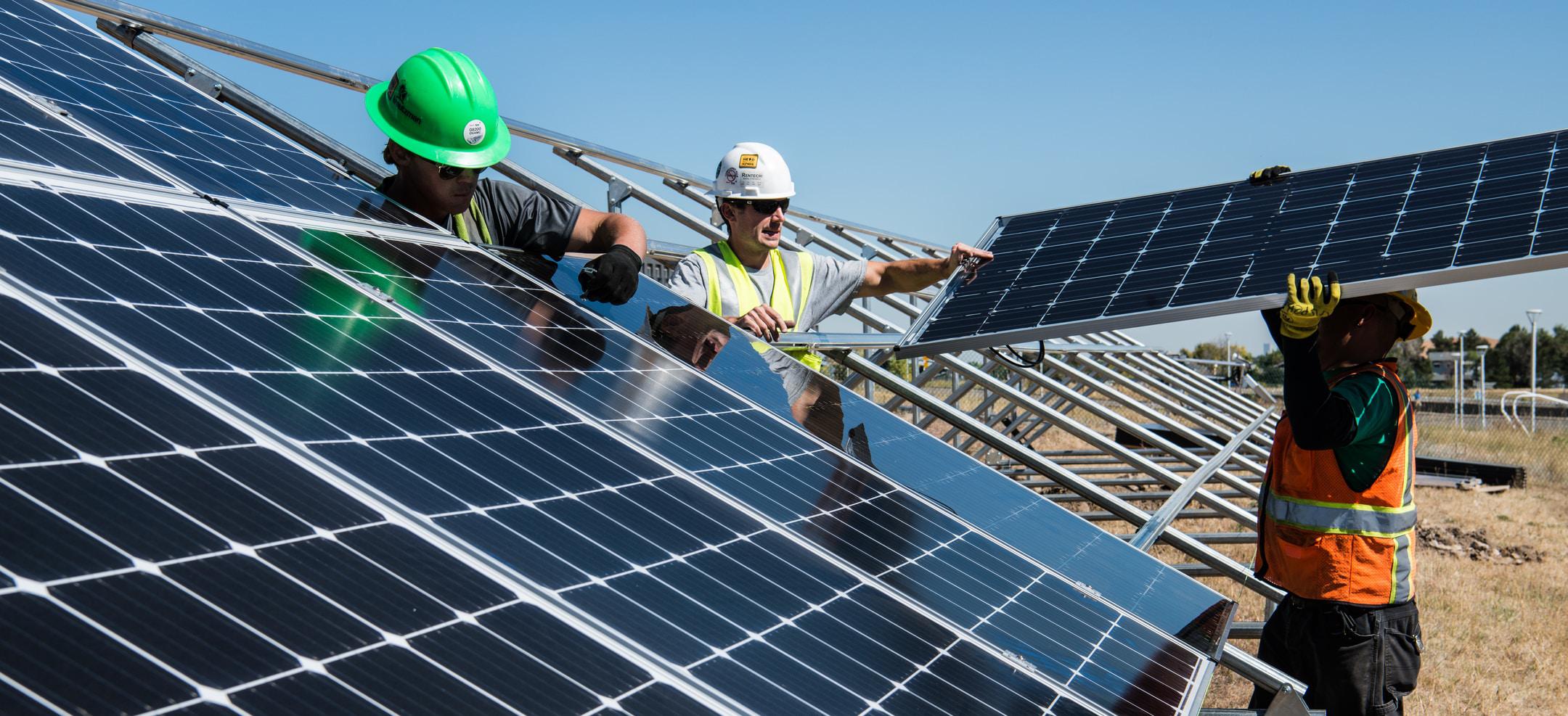Solar energy is helping Delaware homeowners save thousands in utility bills. While installing solar panels on your home can provide major benefits, it’s also a big investment.
To help you know what to expect, our team at Star Enrg is sharing the top 5 factors that may affect your solar panel estimate.
When it comes to solar panel estimates, your household’s energy demand will be one of the most important factors to consider. Generally speaking, a house that uses more electricity will require the installation of a larger solar array.
One way to cut down the cost of your solar installation is to reduce your household energy demand beforehand. You can do so by choosing energy-efficient appliances, or by upgrading your windows and doors.
Residential solar panels are typically installed on the roof for maximum efficiency. However, not all homes have enough space to accommodate large arrays. If your roof is on the smaller side, then a smaller array of solar panels will be used, which generally costs less.
Although the initial price tag may be less, it’s important to know that a smaller solar array might provide less savings over time.
The type of solar panels you choose will greatly influence the overall cost of installation. You might be tempted to go with the lower priced option, but it’s absolutely worth it to choose quality over price.
Monocrystalline and polycrystalline cell solar panels are the most commonly used types for residential properties. Monocrystalline cell panels are typically more efficient than other types, but they usually have a higher price. That said, panels that are more efficient may save you more money in the long run.
It’s also important to consider which solar panels would bring the most value based on the climate you live in. For instance, polycrystalline cell solar panels are thought to perform better than monocrystalline cell panels in hot climates.
Likewise, if you live near the ocean, you should ensure you’re purchasing solar panels that are Salt Mist rated, which is a certification for panels that resist corrosion. Your solar installer can help you understand which option would be best.
Similar to purchasing solar panels, it’s important to invest in quality mounting hardware that will withstand the elements and hold up over time. This may cost more initially, but it can help you avoid expensive repairs in the future.
Solar installers typically have their own preferences for mounting hardware. When shopping around for installers, be sure to ask about the mounting hardware they use, and whether it can withstand the particular climate in your area.
Did you know that you may qualify for solar energy rebates and tax credits through the government?
In an effort to encourage homeowners to use clean energy, the government is offering significant incentives to offset the costs of installation. You can find available rebates in your state by searching here.
If you’re thinking about making the switch to solar, Star Enrg would be happy to help. Our Delaware-based team can design a custom residential solar installation that is affordable and greatly reduces your energy bills.
Contact us today for a solar panel estimate on your home.
